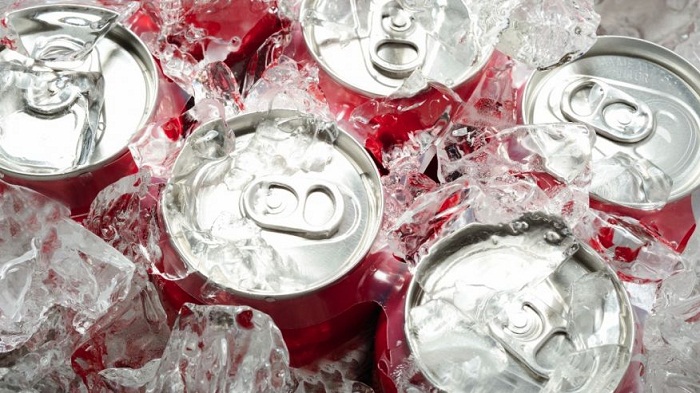More evidence ties sugary caffeinated drinks to poor sleep

Researchers examined survey data on almost 19,000 adults and found about 13 percent of participants slept five hours or less a night. What set these poor sleepers apart is they consumed 21 percent more sugar-sweetened drinks than adults who got a healthy seven to eight hours a night.
Further analysis of the results by type of drink found the main association was with caffeinated non-diet sodas.
"The most likely way in which soda consumption can negatively affect sleep is through ingesting the caffeine typically found in soda because caffeine blocks the binding of a particular chemical in the brain responsible for us feeling tired," said lead study author Aric Prather of the University of California, San Francisco.
"With respect to sugar, it is probably more likely that a lack of sleep increases one`s drive for consuming sugar than it is that sugar is negatively affecting our ability to sleep," Prather added by email.
The study doesn`t prove that sugar or caffeine directly cause poor sleep, Prather noted.
Overall, about 23 percent of survey participants said they slept six hours a night, while 57 percent said they slept between seven and eight hours and 8 percent reported getting at least nine hours of sleep.
Those who slept no more than five hours a night consumed 26 percent more regular soda than the seven-to-eight-hour sleepers, and 33 percent more caffeinated drinks, researchers found.
Compared to heavier sleepers, people reporting no more than five hours a night were more likely to smoke and be sedentary, and to be black, poor, unmarried, and to lack a high school education. Poor sleepers were also more likely to have chronic health problems or diagnosed sleep disorders.
Adults who reported six hours of sleep a night drank 14 percent more soda and 9 percent more caffeinated drinks than healthy sleepers, the study also found.
There wasn`t a statistically meaningful connection between drinking water, tea, coffee or 100 percent fruit juice and getting too little sleep.
Limitations of the analysis include the reliance on adults to accurately recall and report how long they slept and how much soda and other beverages they drank, the authors note.
"It has been relatively well-established that people who don`t get enough sleep and those whose sleep is of poor quality are more likely to gain weight and become obese," said Michael Grandner, director of the sleep and health research program at the University of Arizona College of Medicine in Tucson.
"We also know that part of the reason for this is that their sleep patterns may be leading them to a more unhealthy diet, which may be causing the weight gain," Grandner, who wasn`t involved in the study, added by email. "But up until now, there really wasn`t a specific focus on soda consumption, even though we know that soda is a leading driver of obesity."
Cutting back on soda may not guarantee a better night`s sleep, but it`s still a good idea, said Marie-Pierre St-Onge, a nutrition researcher at Columbia University in New York who wasn`t involved in the study.
"Ideally, reducing soda consumption would be the optimal goal as it would benefit other health factors, in addition to helping with calorie control and weight management," St-Onge said by email.
"At this time, there are no data to quantify if reducing soda intake could improve sleep and if it did, what aspects of sleep would be improved and by how much," St-Onge added. "But individuals with poor sleep who consume sodas should definitely cut back on soda consumption to see if it helps them to sleep better."















































